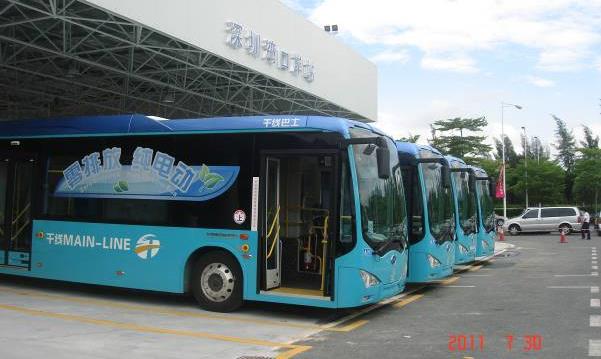Transitioning towards E-buses: barriers and opportunities
Thursday, 20th of May, 11:50-12:30 CEST
Language: English
As e-buses are becoming more commercially viable, they are emerging as a viable option for cities to reduce their transport emissions, improve their energy efficiency and security and improve passenger comfort by reducing noise pollution. However, e-buses still present technological, financial, and institutional barriers. One of the main challenges in most cities is building a reliable, stable, and sustainable grid and charging infrastructure. With the difficulties of building such infrastructure comes the need of large financial investments for redesigning streets to incorporate the necessary infrastructure, as well as, for policies enabling the renewal of the current formal and informal bus fleet.
This session focused on how local authorities have started to adopt e-buses. Aside from exploring the challenges and opportunities of this technology, the panelists shared insights on how e-buses are part of their sustainable mobility system.
Agenda
Welcome and introduction by the moderator Tu My Tran, Head of Sustainable Mobility, ICLEI World Secretariat (5 mins)
Presentation by Bhushan Tuladhar, Board Member at Sajha Yatayat, Kathmandu (5 mins) – Presentation
Presentation by Mats Rosenquist, Public Partnerships, Volvo Group (5 mins) – Presentation
Presentation by Çağlar Tukel, Izmir Metropolitan Municipality, Turkey (5 mins) – Presentation
Panel discussion and Q&A from the audience (20 mins)


